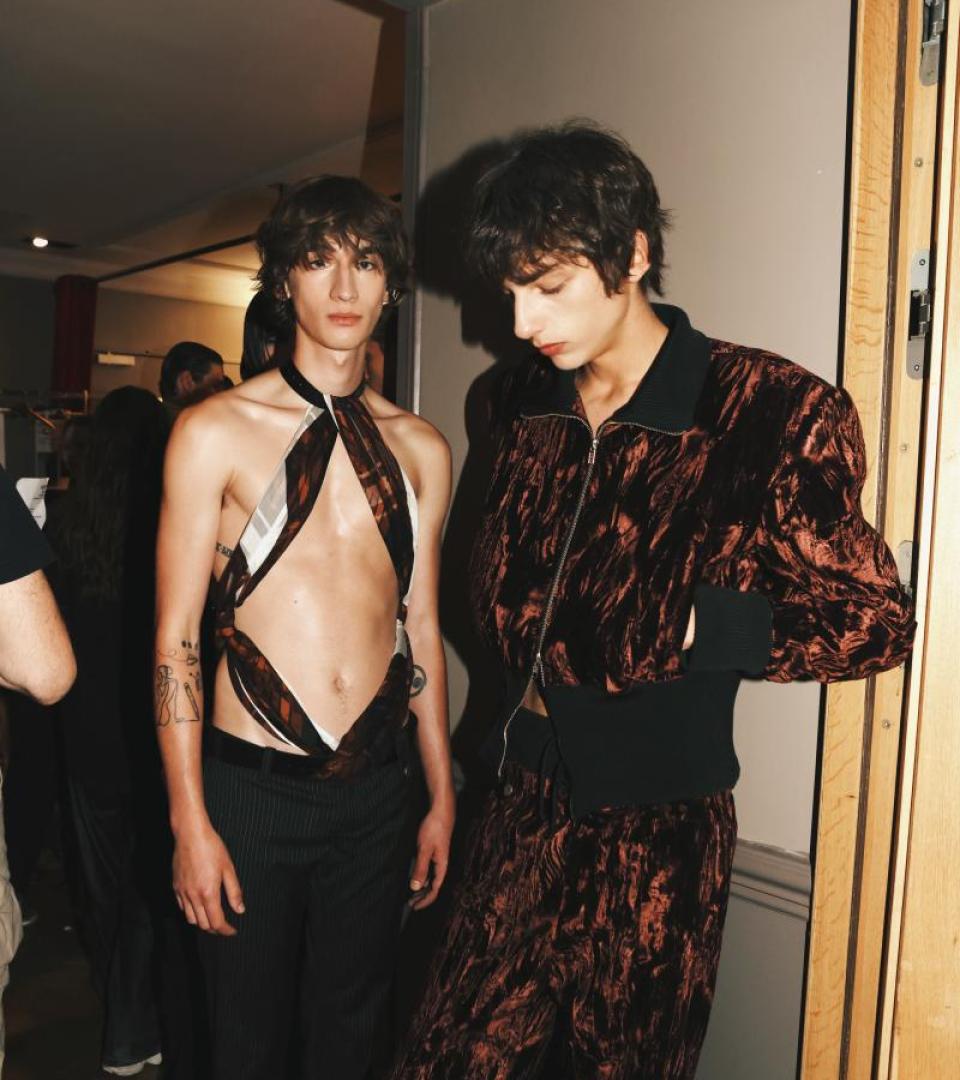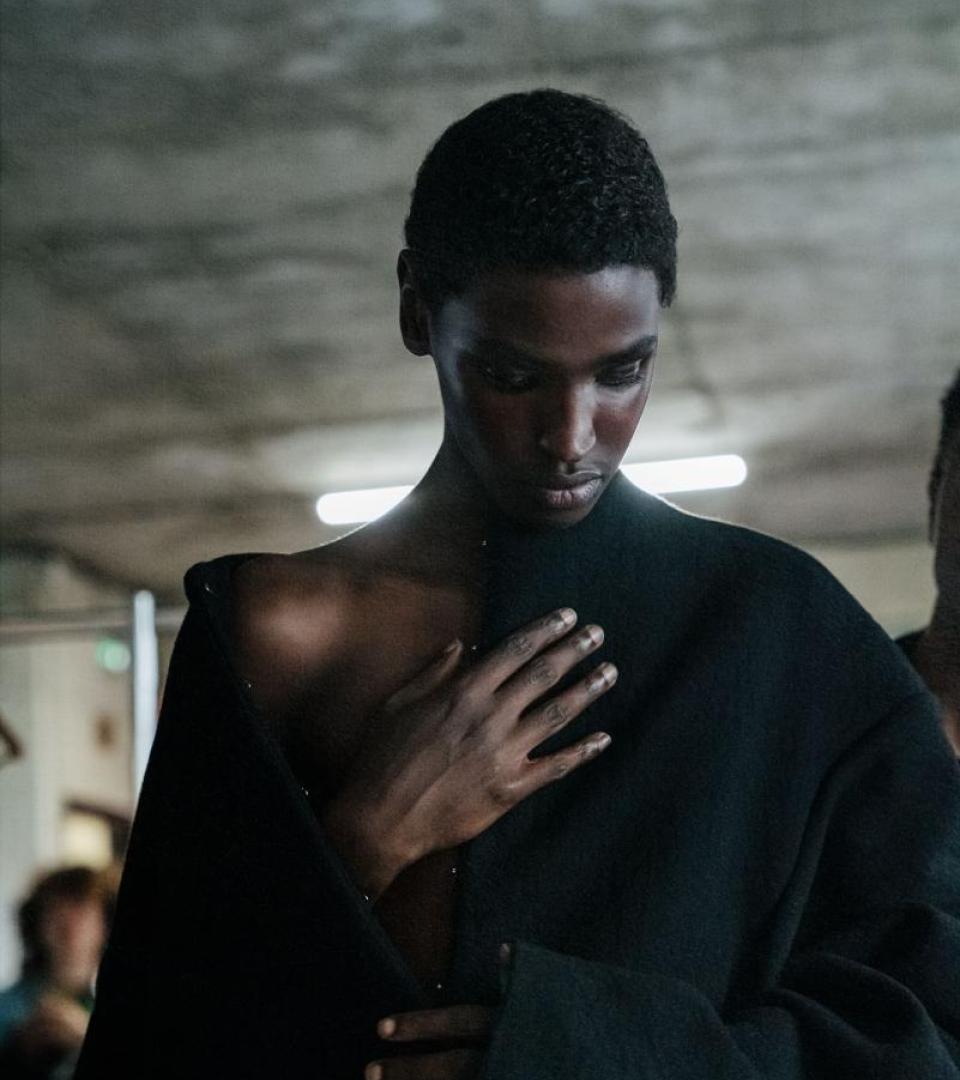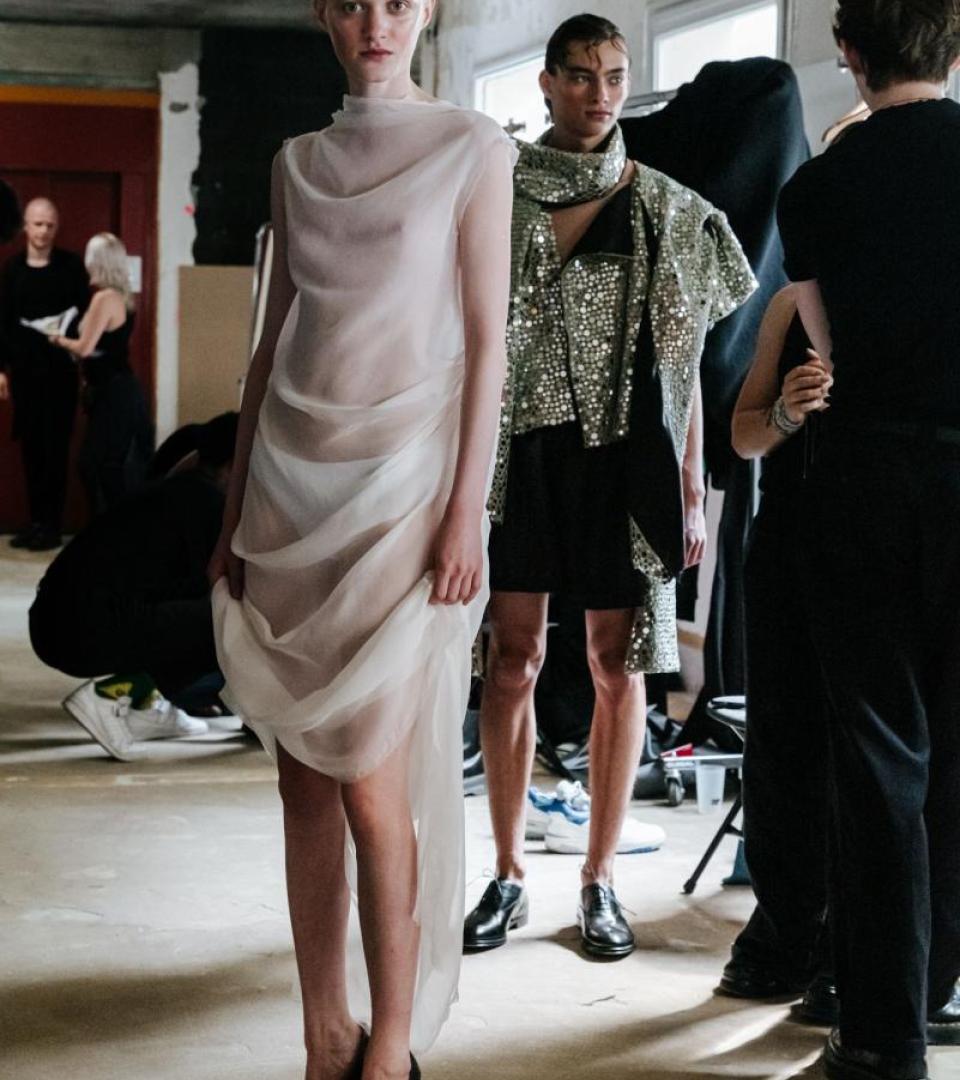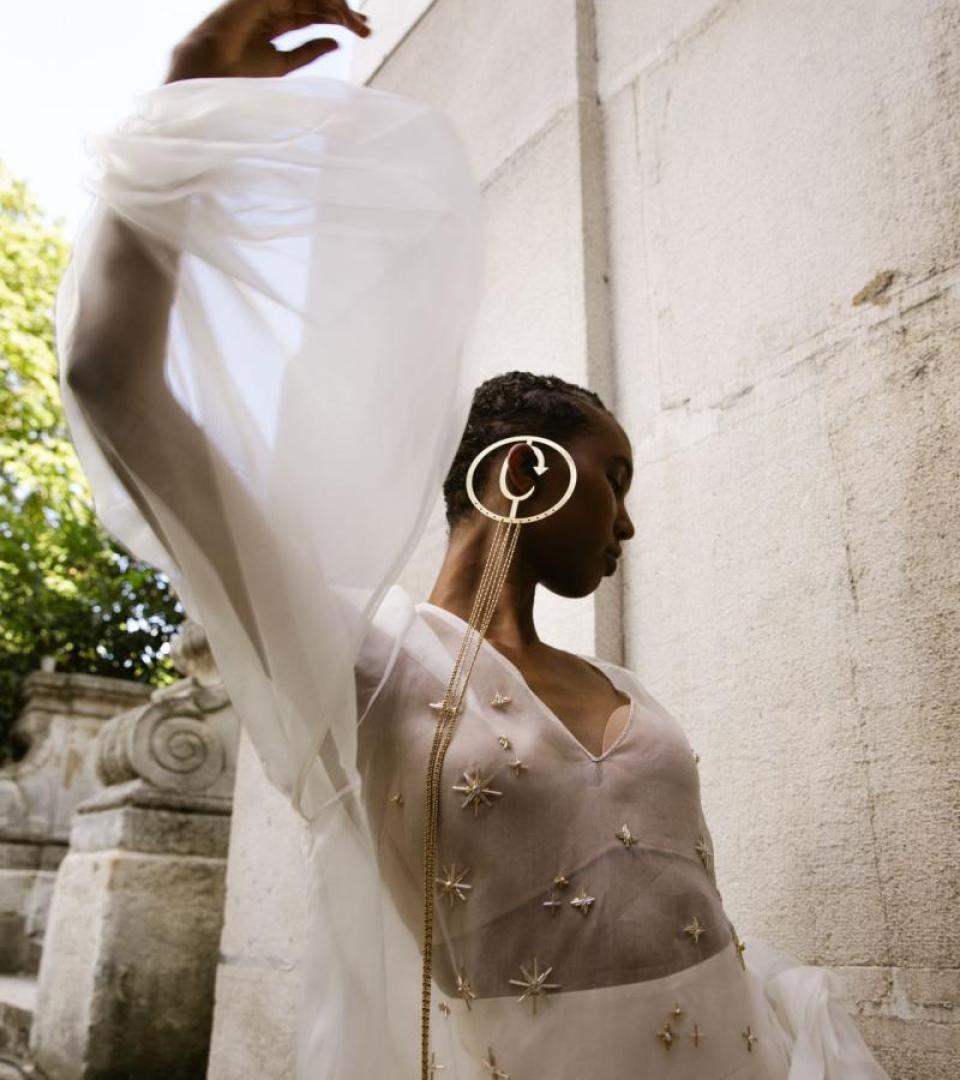This season marks 50 years of fashion weeks in Paris. What, for you, makes Paris Fashion Week® unlike any other?
The history and near-unparalleled prestige of some houses, the scale of the shows and the excellence of designs is quite unlike anywhere else. Only in Paris!
What excites you in fashion right now?
The pace in which the industry is evolving, which can feel both overwhelming and enthralling. Next season is already primed to be quite a banger, with debuts at Calvin Klein, Givenchy, Tom Ford and Lanvin. But the sophomore shows this season are also very interesting — arguably even more so than the debut, as designers settle in and further flesh out their visions. The novelty of their first show has passed; what comes next?
What is one reason to be optimistic about the state of fashion going forward?
Fashion should be used as a prism to view and interpret the wider world. Brands and designers have a unique opportunity to reflect this in their work, and the savviest seek to challenge the status quo and move society forward, whether it’s the way we dress or how we think about sustainability or race. There’s scope for innovation in so many areas.
In what ways do you see young and emerging designers shifting our ideas of fashion?
Larger companies and heritage houses tend to have established ways of doing things and sometimes that makes it more challenging to make a change when that’s needed. They also often have key stakeholders to please. Independent or emerging designers work on their own terms and therefore can be more agile with the freedom to be disruptive, whether it’s a rethink of the show format or what kind of garments can be considered as haute couture.
What impact might you hope to have on fashion this year?
I’ve always considered myself a bit of a lone wolf and an outsider in this industry. With that, I hope to offer an honest perspective that is rooted in what makes sense for the customer (or the reader that I’m writing for) and the context of everything else that is happening in the wider world. Sometimes people need reminding that fashion is a business and does not operate in a silo. I feel a sense of responsibility to tell the stories that are not being told in a fair and accurate way.
Can you suggest a fashion mantra as we look ahead to ’25?
Have fun, stay creative but be intentional. Don’t do things just because that’s how they’ve always been done.
This interview has been lightly edited.



